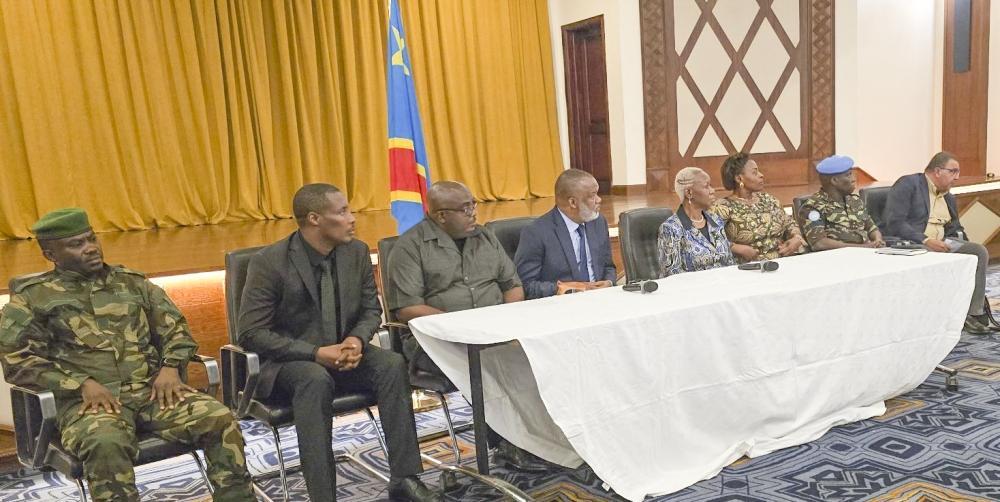Africa-Press – Rwanda. For decades, the eastern part of the Democratic Republic of Congo has been engulfed in cycles of violence, displacement, and human suffering. Much of this turmoil has unfolded under the watchful eye of the United Nations peacekeeping mission, MONUSCO and MONUC before them.
Established to bring stability and peace to the region, MONUSCO’s presence has instead become synonymous with frustration, mistrust, and at times, outright failure.
The mission’s inability to pacify eastern DR Congo stems from one fundamental flaw: its selective approach to conflict resolution. Rather than taking a holistic view of the complex dynamics at play, MONUSCO has often chosen sides, ignoring or dismissing the legitimate grievances and perspectives of certain groups.
In doing so, it has not only undermined its credibility but has prolonged the very conflict it was meant to resolve.
Yet, in the midst of this long and painful history, a glimmer of hope has emerged. The recent visit of MONUSCO Chief Bintou Keita to territories under the control of the M23 Movement (AFC/M23) marks a potentially historic shift.
In her own words, Keita emphasised that her mission was to ‘listen’ a simple but profoundly important gesture that has been sorely lacking in the past.
For far too long, the M23 have been branded solely as aggressors, their concerns dismissed without genuine dialogue. But conflict, especially one as intricate as that in eastern Congo, cannot be reduced to a simplistic binary of good versus evil. The roots of the violence run deep — encompassing issues of governance, marginalization, ethnicity, regional politics, and historical grievances that have been ignored for generations.
While it is too soon to read much into the visit, Keita’s willingness to engage directly with the AFC leadership signals a possible recalibration of MONUSCO’s approach. If this is indeed the beginning of a more inclusive, honest, and courageous peace process — one that listens to all stakeholders without prejudice — then the United Nations might still redeem its mission in the DR Congo.
However, words must be followed by actions. True peace will require the UN to abandon its previous posture of selective engagement and to instead serve as a neutral, trustworthy mediator. It must foster open dialogue among all parties — government forces, armed groups, civil society, and affected communities — with the clear goal of addressing the root causes of the conflict, not merely its symptoms.
The DR Congo has endured enough betrayal by those who came promising peace but delivered little. The international community, led by the UN, now faces a moral and historical imperative: to seize this opportunity and chart a new course toward genuine, lasting peace.
It may not be too late. But time is running out.
Source: The New Times
For More News And Analysis About Rwanda Follow Africa-Press






